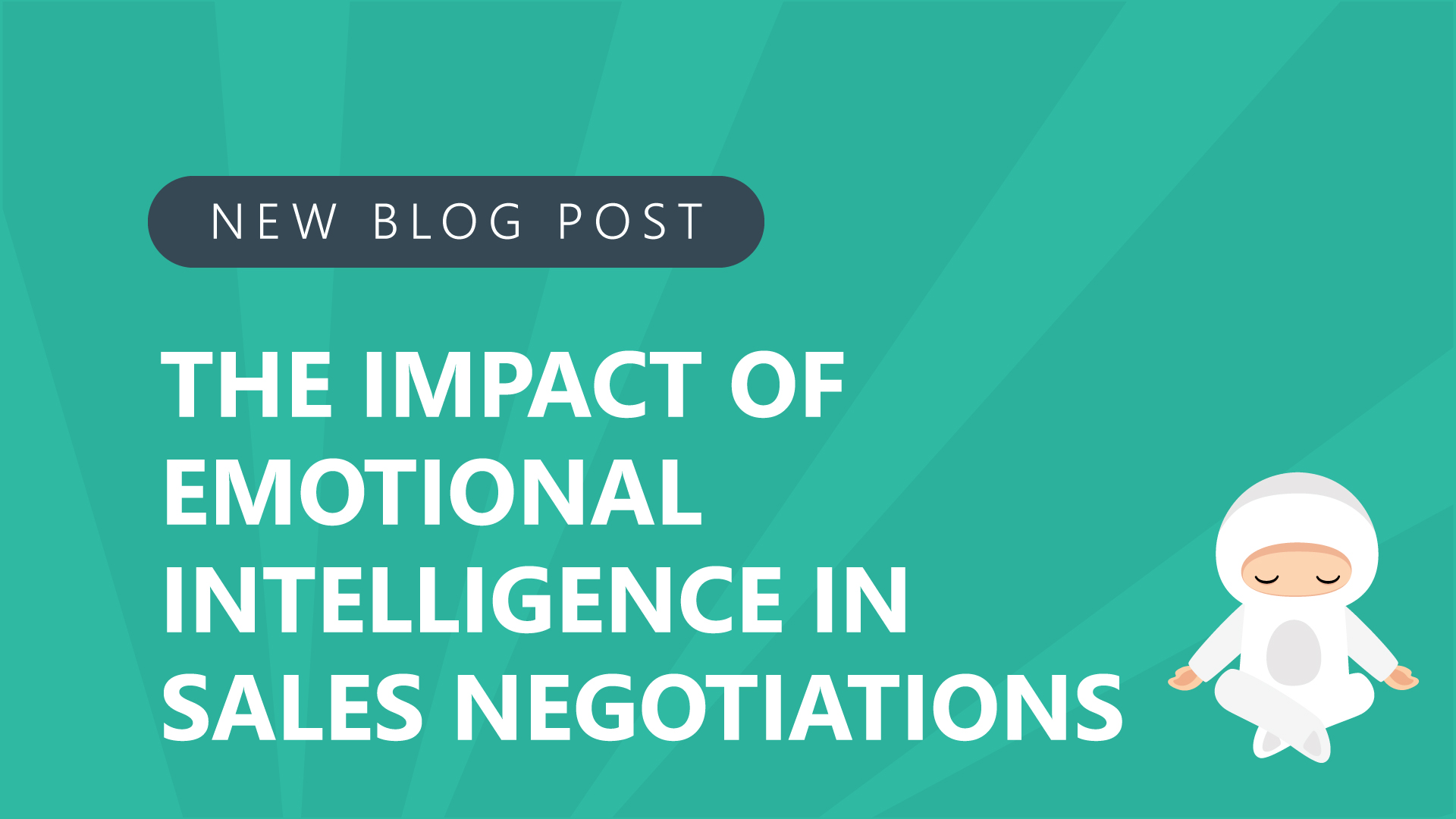Emotional intelligence is the ability to be able to recognize and manage one’s own emotions—and those of others. Those who’ve mastered this skill are able to use the information they glean to adapt to different situations. They are able to assess the needs of others and communicate effectively to reach a common goal.
Kim Orlesky—featured in a recent episode of Negotiations Ninja—was in a sales position where she was the only woman among 12 male colleagues. At the time she had just graduated with a degree in finance and had developed a very analytical mindset.
She felt in her position that she had to lead with that very analytical mind and keep her emotions checked at the door. She was taught that she had to communicate with clients in a fact-based manner.
“I was living this facade. I was living this idea that I wasn’t connecting with my authentic self and I struggled with that. So eventually I started to ask myself, lCan I connect deeper? Can I understand what I’m going through?’”
She learned that before you can connect with others, you need to understand your authentic strengths and weaknesses. That is a skill based in emotional intelligence.
Understanding begins with asking targeted questions
Being able to connect with current clients and future prospects is key to your success as a sales professional or negotiator. It is critical that you understand your clients aspirations and goals. You must be able to ascertain their motivations to collaborate with them and help them reach their objectives. This is important whether you’re selling a service or a product—the people on the other side of the sales negotiation need to know the impact it will have. It’s your job to help them understand.
So you need to ask targeted questions—who, what, when, where, and why—and avoid questions that get you simple yes or no answers.
What do you need? How would my product/service help you? How would implementing this impact your business? What does success mean to you?
Kim has found that if a client is unable to define what success looks like for them they have no meaningful connection to the change they say they desire. Without that intrinsic motivation, a partnership with them will fail. There’s no baseline to help you measure what success looks like. Therefore no value to be perceived from what you’re selling.
Learning to ask the right questions not only helps you understand the client, but it helps you discern whether or not they should be your client. This is a prime example of how the use of emotional intelligence in sales can benefit you and your clients.
Using a Superhero hypothetical to make a point
Every client wants to be treated as the unique individual that they are. Instead of inundating clients with information, flip the tables and ask targeted questions to find out what’s important to them. In KO sales training, they use a simple game to demonstrate the importance of understanding the client’s motivations:
Each person is thrust into a hypothetical situation—they’ve all been dropped into a vat of radioactive goo. This experience bestows on them some sort of magical superhero power. Each person is then asked what they’d want their superpower to be. Through the course of the exercise, everyone will give a different answer.
Just as they were all part of that experience, your product might be the same as everyone else’s. But how people see the product applied to them will be completely different. If you can understand what makes them different and apply the product to them in a way that shows them you understand them, it makes an impact.
To learn more about applying emotional intelligence in sales to your next sales negotiation, listen to Kim’s episode on Negotiations Ninja.

